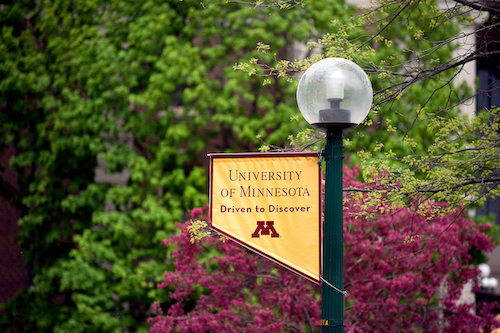
StudyFinder
PEPN2111 - A Phase 1/2 Trial of CBL0137 (NSC# 825802, IND# 155843) in Patients with Relapsed or Refractory Solid Tumors including CNS Tumors and Lymphoma

Status: Recruiting
A Phase I/II trial of single agent intravenous CBL0137 in pediatric patients (≥ 12 months and ≤ 30 years) with relapsed/refractory solid tumors, including CNS tumors and lymphoma.
Sex: Male or Female
Age Group: Not specified
Inclusion Criteria:
• 12 months to 30 years old
• patients with relapsed or refractory solid tumors or lymphoma, including patients with CNS tumors or known CNS metastases, or patients with progressive or recurrent DIPG (diagnosed by biopsy or imaging characteristics) and other H3 K27M-mutant diffuse midline gliomas previously treated with radiation therapy, or patients with relapsed or refractory osteosarcoma
• patients must have fully recovered from the acute toxic effects of all prior anti-cancer therapy and must meet the following minimum duration from prior anti-cancer directed therapy prior to enrollment
• patients have consented to receive a central venous catheter prior to the administration of CBL0137
• see link to clnicaltrials.gov for complete inclusion and exclusion criteria
Exclusion Criteria:
• pregnant or breast-feeding women
• patients who have an uncontrolled infection
• patients who have received a prior solid organ transplantation
Interventions:
Procedure: Biospecimen Collection, Procedure: Bone Marrow Aspirate, Procedure: Bone Marrow Biopsy, Procedure: Echocardiography Test, Drug: FACT Complex-targeting Curaxin CBL0137
Conditions:
Cancer, Cancer
Keywords:
Brain Cancer, Glioma, Recurrent Lymphoma
Study Contact: Allison Fullenkamp - fulle631@umn.edu
Principal Investigator: Robin Williams
Phase: PHASE1
IRB Number: SITE00001450
See this study on ClinicalTrials.gov